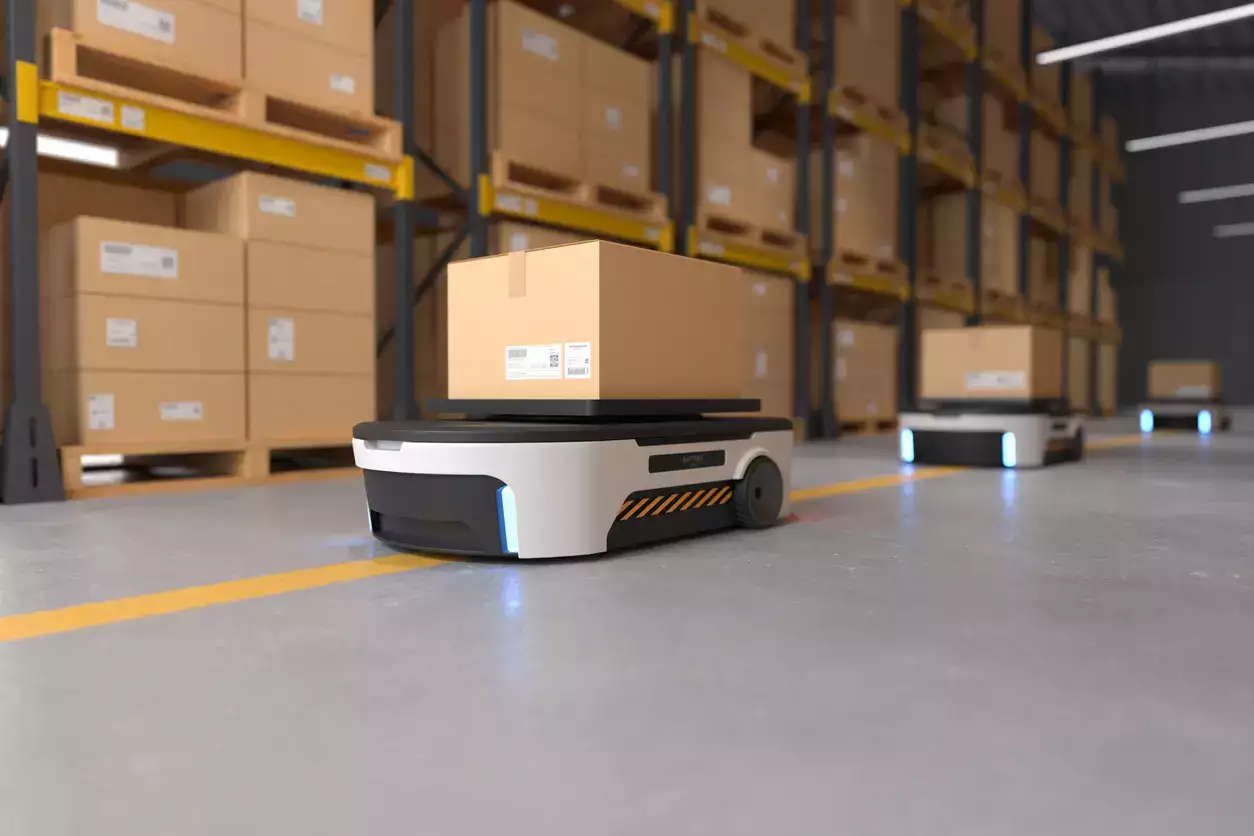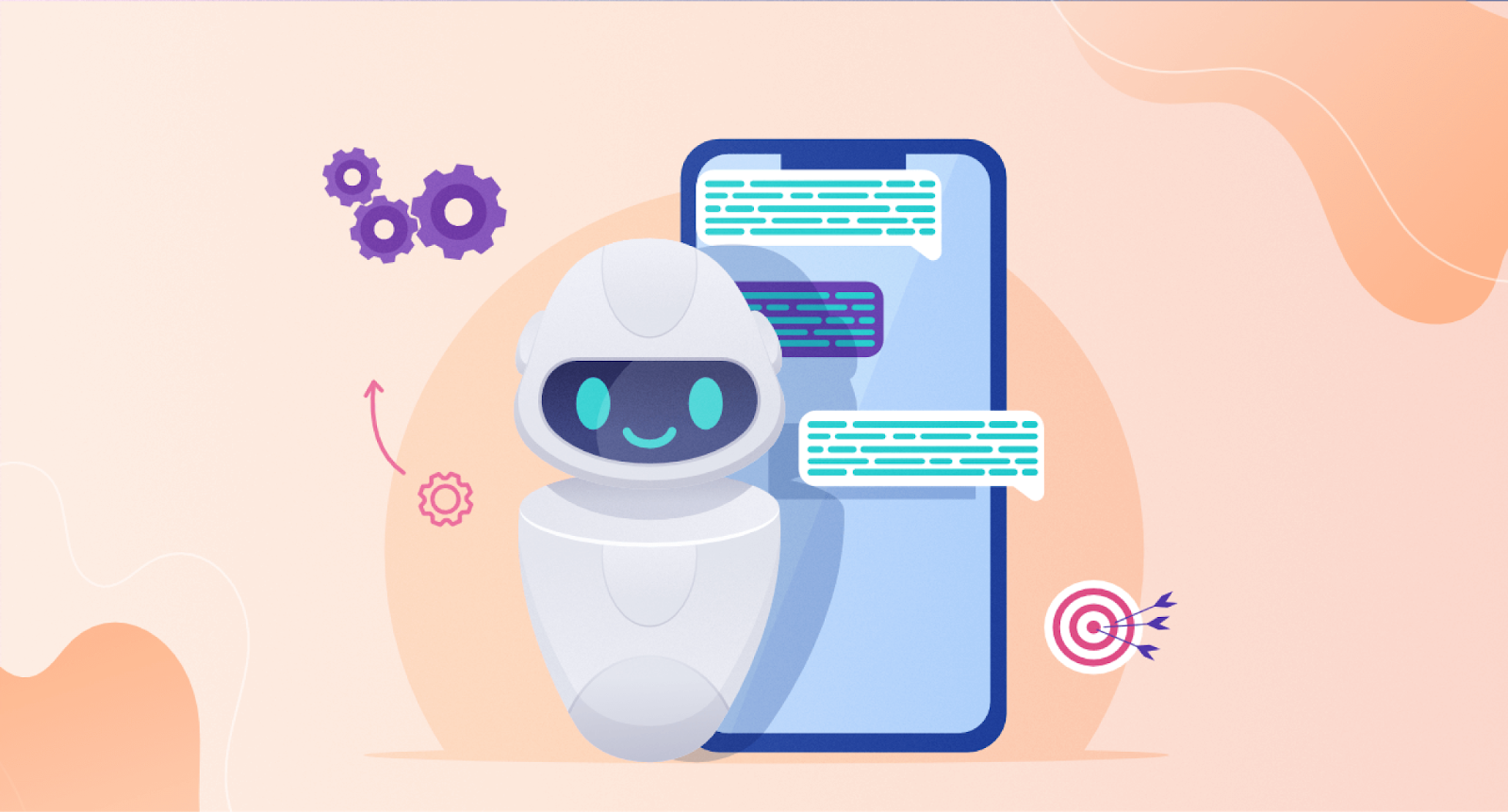Drive sales by enhancing user experience with personalization
According to a McKinsey study, personalizing the shopping experience can increase sales by up to 10-15%. AI is opening up new opportunities to create personalized user experiences, helping to increase customer satisfaction and loyalty. At the same time, it contributes to increasing accuracy and efficiency in providing services or products, improving business sales efficiency.
AI is capable of suggesting products that match customers' needs and preferences by analyzing big data from their previous shopping behavior, including purchase history, products viewed, and even product feedback or reviews. In addition, AI also helps personalize the user experience on websites and applications, including adjusting the layout, color, or even the displayed content to suit each user. Platforms like Netflix and Spotify use AI to analyze user preferences and behaviors, thereby optimizing the content displayed for each individual.
Analyzing user sentiment and opinions is also an interesting point of AI. Based on online reviews, comments or direct feedback, AI analysis helps businesses better understand the experiences, feelings and desires of customers. From there, businesses can adjust products, services or marketing strategies to better suit the needs of customers.
When it comes to personalizing the user shopping experience, Amazon is one of the pioneers in applying artificial intelligence. Amazon uses AI to analyze customer shopping behavior and then recommend suitable products. The company claims that 35% of their revenue comes from personalized product recommendations.
Optimizing marketing strategies for e-commerce businesses
AI not only helps businesses better understand their customers, but also provides tools to create personalized, effective, and automated marketing campaigns.
Businesses can analyze large amounts of customer data thanks to AI applications, from shopping behavior, search history, product reviews, to social media interactions. From that analysis, AI helps businesses better understand customer needs, preferences, and behaviors, allowing them to create more suitable marketing and product strategies. Marketing content is also personalized based on customer data analysis, from email marketing, online advertising to website content. This technology can automatically generate messages and content tailored to each customer, increasing engagement and conversion. From market data and customer data, AI can predict future product trends and needs. This helps businesses adjust product and marketing strategies to meet market needs, maintaining a competitive advantage.
In addition, AI helps optimize advertising campaigns by analyzing the performance of ads and automatically adjusting budgets, targets, and ad content to achieve the best results. This technology also helps target ads to the most potential customers.
According to WordStream, using AI in online advertising can reduce advertising costs by up to 50% and increase revenue by up to 34%. Netflix, for example, although not a traditional eCommerce platform, uses AI to analyze user preferences and recommend relevant content. As a result, about 80% of Netflix viewing time comes from system recommendations. This clearly illustrates the impact of AI in optimizing marketing strategies and increasing customer satisfaction.
Changing the way warehouse and supply chain management is done in e-commerce
The combination of AI and other advanced technologies has opened up new opportunities to increase efficiency, reduce costs, improve and optimize warehouse and supply chain management in e-commerce. According to Harvard Business Review, the use of AI in warehouse management can reduce inventory costs by up to 20-50%.
In terms of demand forecasting, AI can analyze historical data, market trends, seasonality, and other factors to accurately forecast product demand. This helps businesses adjust production and inventory, avoiding shortages or overstocking. In addition, inventory management is also more efficient thanks to the AI system automatically monitoring inventory levels and reordering when necessary, minimizing the risk of stockouts and reducing inventory management work for employees.
In inventory location management, AI helps determine the ideal location in the warehouse to store goods based on factors such as picking frequency, product size, and weight. This helps optimize warehouse space and reduce order preparation time. Processes automated by AI can also perform tasks such as packing, sorting, and shipping goods, minimizing the need for manual labor and increasing operational efficiency.
Robots transport goods in a warehouse
In fact, Chinese e-commerce giant Alibaba has implemented an automated warehouse system powered by robots and AI. These robots can automatically pick and pack goods, arrange them in optimal storage locations, and even prepare orders for shipping. This significantly reduces order processing time and increases warehouse efficiency.
Enhanced customer support
Artificial intelligence is playing a vital role in improving customer support in e-commerce.
Chatbots and Virtual Assistants are popular applications that directly interact with businesses' customers. Chatbots and virtual assistant solutions are capable of handling thousands of conversations at the same time, responding 24/7, answering questions, supporting purchases, and providing product information instantly. This helps reduce customer waiting time, reduce the burden on customer service departments, and increase customer satisfaction. According to Juniper Research, using chatbots in customer service can reduce costs by up to 30%.
Chatbots answer questions and provide information instantly
In customer service, AI can automate the problem-solving process, from identifying the problem, proposing a solution, to taking the necessary steps to resolve it, minimizing the need for human intervention. Additionally, AI has the ability to predict and prevent problems by detecting potential issues in customer service, allowing businesses to proactively address them before they become major risks.
With the help of AI, e-commerce businesses can provide faster, more personalized and efficient customer service, thereby creating a competitive advantage and driving success in an increasingly competitive business environment.
The application of Artificial Intelligence technology in e-commerce brings many benefits and promises great potential in the future. However, businesses also need to face challenges such as investment costs, privacy and data security issues, as well as challenges in specialized human resources. Therefore, to maximize the benefits of AI in the development trend of e-commerce, businesses also need to have careful preparation and appropriate step-by-step implementation strategies.
Source







![[Photo] Award ceremony for works on studying and following President Ho Chi Minh](https://vphoto.vietnam.vn/thumb/1200x675/vietnam/resource/IMAGE/2025/5/20/a08ce9374fa544c292cca22d4424e6c0)





















![[Photo] Vietnamese shipbuilding with the aspiration to reach out to the ocean](https://vphoto.vietnam.vn/thumb/1200x675/vietnam/resource/IMAGE/2025/5/20/24ecf0ba837b4c2a8b73853b45e40aa7)























































![[VIDEO] - Enhancing the value of Quang Nam OCOP products through trade connections](https://vphoto.vietnam.vn/thumb/402x226/vietnam/resource/IMAGE/2025/5/17/5be5b5fff1f14914986fad159097a677)
Comment (0)